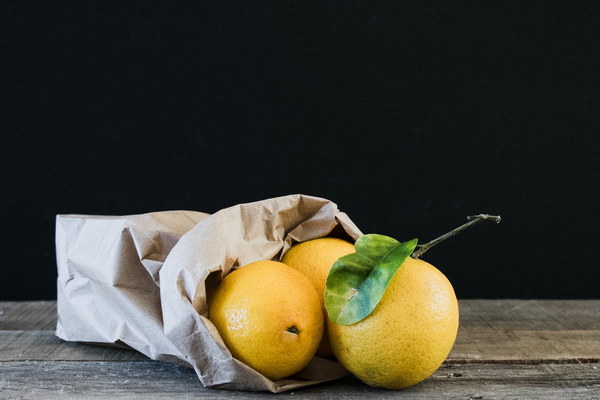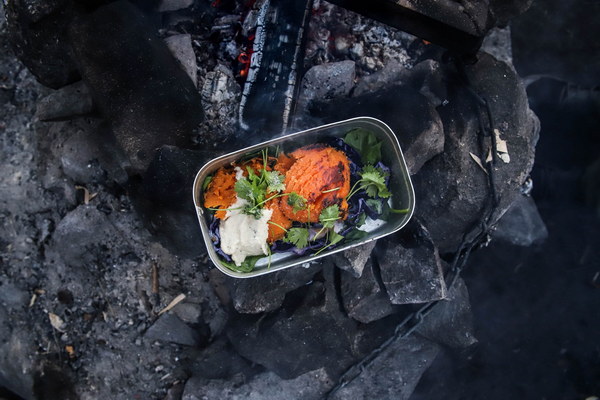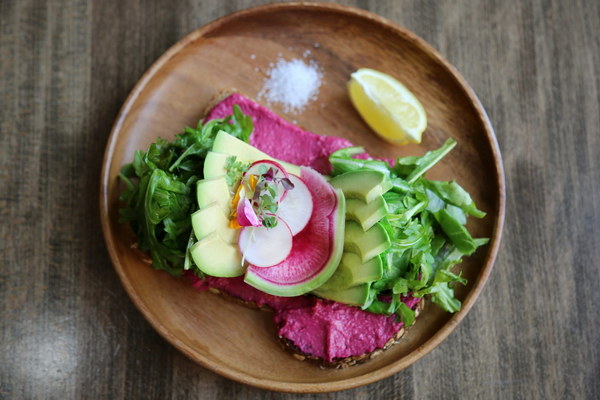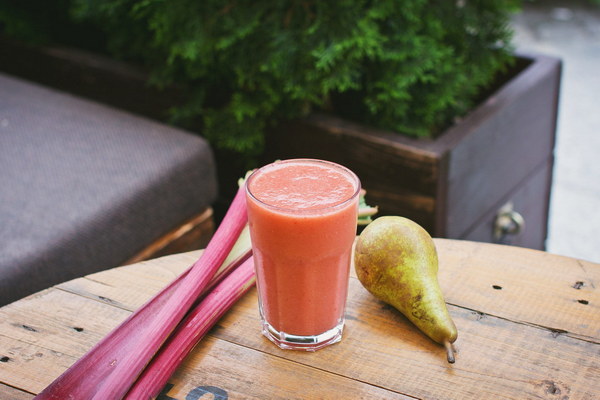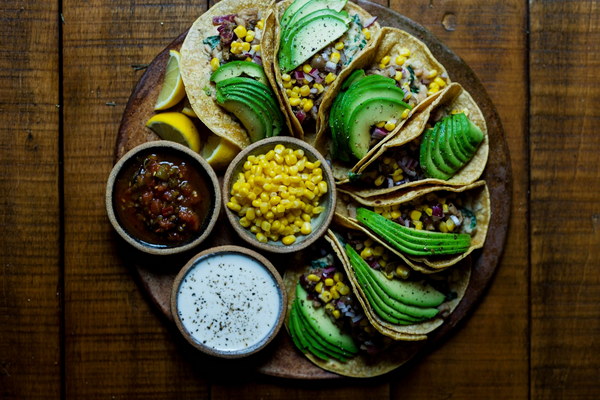Post-Hysterectomy Diet What to Eat for a Speedy Recovery
Introduction:
Undergoing a hysterectomy can be a challenging experience for many women, both physically and emotionally. The recovery process can take several weeks to months, and it is essential to follow a proper diet to ensure a smooth and speedy recovery. This article will guide you through the best foods to include in your diet after a hysterectomy to aid in your recovery process.
1. Protein-Rich Foods:
Protein is crucial for healing and repairing tissues after surgery. Incorporate protein-rich foods such as lean meats, fish, poultry, eggs, dairy products, legumes, and nuts into your diet. These foods will help you recover faster and maintain your strength throughout the healing process.
2. Iron-Rich Foods:
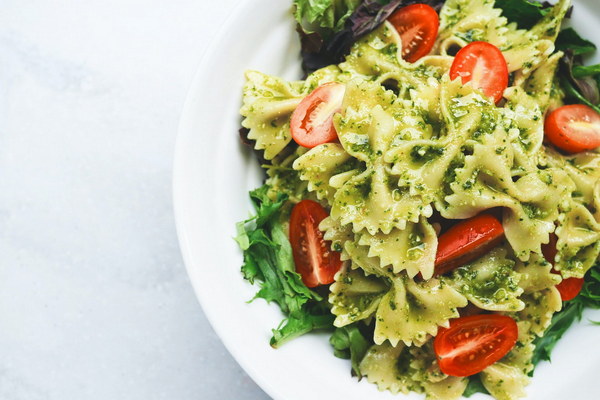
Anemia is a common side effect of surgery, so it's essential to consume iron-rich foods to prevent and treat this condition. Include iron-rich foods like lean red meat, poultry, fish, beans, lentils, tofu, and fortified cereals in your diet. To enhance iron absorption, pair these foods with vitamin C sources, such as oranges, strawberries, and bell peppers.
3. Fruits and Vegetables:
A diet rich in fruits and vegetables is essential for overall health and recovery. These foods provide essential vitamins, minerals, and antioxidants that help fight inflammation and promote healing. Aim to consume a variety of colorful fruits and vegetables, such as berries, leafy greens, carrots, tomatoes, and sweet potatoes.
4. Whole Grains:
Whole grains are an excellent source of fiber, which can help prevent constipation, a common side effect of pain medications and surgery. Incorporate whole grains like brown rice, quinoa, whole wheat bread, and oatmeal into your diet. These foods also provide essential nutrients to support your recovery.
5. Healthy Fats:
Healthy fats are essential for hormone production and inflammation reduction. Include sources of healthy fats such as avocados, nuts, seeds, olive oil, and fatty fish like salmon and mackerel in your diet. These fats will help your body recover and maintain a healthy weight.
6. Hydration:
Staying hydrated is crucial for recovery. Drink plenty of water throughout the day, aiming for at least 8-10 glasses per day. If you're experiencing nausea or vomiting, consider ginger tea or clear broths to stay hydrated without overwhelming your digestive system.
7. Gentle Foods:
During the initial stages of recovery, your digestive system may be sensitive. Opt for gentle foods like bananas, rice, applesauce, and toast (BRAT diet) to avoid irritation. Gradually introduce more fibrous foods as your system becomes more comfortable.
8. Probiotics:
Probiotics can help maintain a healthy gut flora, which is essential for digestion and overall health. Incorporate probiotic-rich foods like yogurt, kefir, sauerkraut, and kimchi into your diet to support your recovery.
9. Avoid Certain Foods:
Some foods can hinder your recovery process. Avoid spicy, greasy, and high-fat foods as they can cause discomfort and delay healing. Additionally, steer clear of caffeine, alcohol, and nicotine, as they can interfere with your recovery and increase the risk of complications.
Conclusion:
Following a proper diet is an essential aspect of the recovery process after a hysterectomy. By incorporating protein, iron, fruits, vegetables, whole grains, healthy fats, and probiotics into your diet, you can support your body's healing process and promote a smooth recovery. Remember to stay hydrated and avoid certain foods that can hinder your healing. Consult with your healthcare provider for personalized dietary recommendations based on your specific needs and health conditions.
